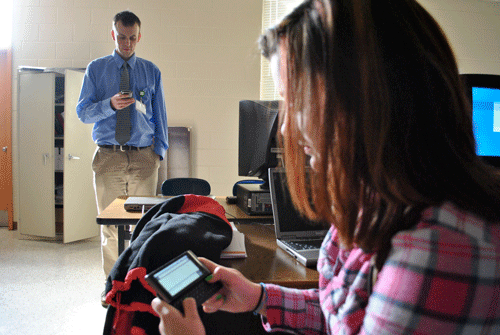
By Rachel Waymack
A text comes in from a teacher to a student reminding them of a meeting after school, under new proposed guidelines, the teacher could get in big trouble for this. The Proposed Guidelines for the Prevention of Sexual Misconduct & Abuse in Virginia Public Schools were proposed in the Virginia’s Board of Education’s meeting November 18, 2010.
The proposed guidelines were to be voted on January 13, 2011, but final voting has been postponed until February 12, 2011 due to the holidays causing a lack of wide spread public knowledge of the proposed guidelines. The proposed guidelines hope to address problems of sexual inappropriateness between school
employees and students.
The proposed guidelines’ section of purpose and philosophy states that it hopes that by following the guidelines’ policies “Teachers, principals, and other educators and employees [will] provide a safe and healthy environment for teaching and learning.”
Despite the guidelines’ stated purpose, the proposed guidelines have caused much controversy over its section on electronic communication between teachers and students.
The guidelines state that electronic communication by teachers with students should be “transparent, accessible to supervisors, and professional in content and tone.”
Under the guidelines, which would have to be approved by the Virginia Board of Education and then adopted by the individual school districts, teachers could, under most circumstances, email students only using school district provided email. United States History teacher Cynthia Hasley sees the restriction on emailing students as an unnecessary inconvenience.
“My problem is that my school e-mail is hard to access from home,” Hasley said, “it is easier for students to get in touch with me at my home e-mail address.”
Students who often e-mail their teachers also see possible problems with the proposed guidelines’ policy on teachers e-mailing students.
“I email teachers because it helps clear up homework assignments and things I am confused about,” junior Elizabeth Ogunbunmi said, “If I could not I probably would be doing assignments wrong or not get them in ontime.”
Problems other than convenience have been brought up against the guidelines’ section on communication through e-mail. Frank LoMonte, the execute director of the Student Press Law Center, sites another concern regarding the proposed guidelines’ condition that communication must be transparent and known by the prinicple or school board.
“Because teachers themselves cannot publicly complain about conditions at the school without putting their jobs a risk, they sometimes necessarily must blow the whistle to student media,” LoMonte said. “Employees need to be able to have those communications without fear of being tracked.”
Another stipulation in the proposed guidelines’ section on electronic communication is that teachers could not text students, except in an emergency situations. This would come as a blow to teachers, such as chemistry teacher and chemistry club sponsor Dr. Kevin Moore, who currently uses texting to communicate with students about upcoming assignments and meetings.
“Texting is a common method of communication for students these days and it is perfectly reasonable for teachers to give and receive texts from students,” Moore said. “It is a very easy method of communication.”
The section of the proposed guidelines that prohibits one-on-one interaction between students and teachers on personal social networking sites has also caused debate. Kelly Furnas, director of the Journalism Education Association (JEA), not only sees the value of communication using these sites but also fears adverse effects if these communications were to be banned.
Creating a model policy that would forbid teachers from viewing or commenting on student work is not only creating a poor learning environment for students, but also potentially making your teachers out-of-date as educators,” Furnas said in a letter to the Virginia Department of Education.
Despite the views of those like Kelly, who see parts of the proposed guidelines as a hazard for teachers and students, others believe that there is a real need for the proposed guidelines.
“There is a need for the guidelines because of] the three areas which the proposed guidelines offer additional insight [into],” Superintendent Dr. Bobby Browder said. “Communication between students and employees… physical contact…permissible and unacceptable social interactions and relationships between students and employees.”
Since Prince George County Public Schools is a member of the Virginia School Boards Association (VSBA) it would receive guidance from this body about the adoption of these proposed guidelines.
“Prince George County School Board would review the proposed policy by VSBA on [the proposed guidelines] for one month suggesting any change to the written policy before consideration for adoption,” Browder said.
While the opponents of the guidelines’ section on electronic communication recognize the need for the students’ protection, they argue that it is overreaching.
“I admire the efforts to keep students safe,” Furnas said in a letter to the Department of Education. “However, I think for students/teachers as a whole, and scholastic journalism in particular, elements of this policy are a classic example of overreaction and misplaced blame.”
Postponement was done in order to allow the public more time to comment on the proposed guidelines, including the much-debated section on technological communication. LoMonte and the Student Press Law Center was among those groups asking for this delay of the decision.
“The comment period fell during the holidays and during the final exam period, and it was very difficult for the public to become informed about the significance of what the Board was considering,” LoMonte said.“We hoped the Board would agree to an extension to let the public be heard.”
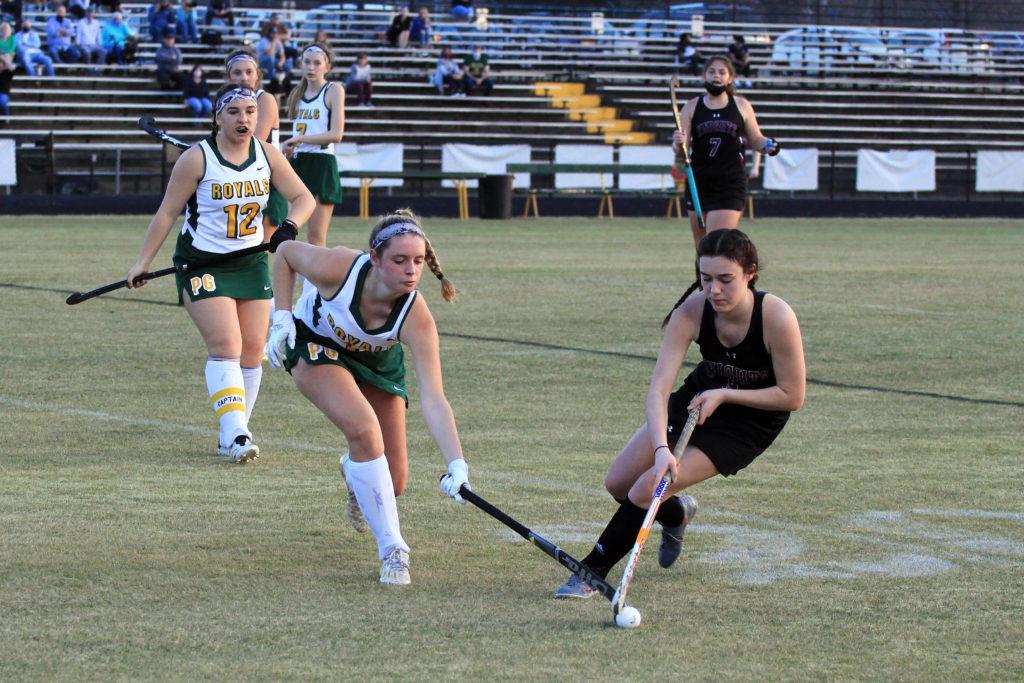
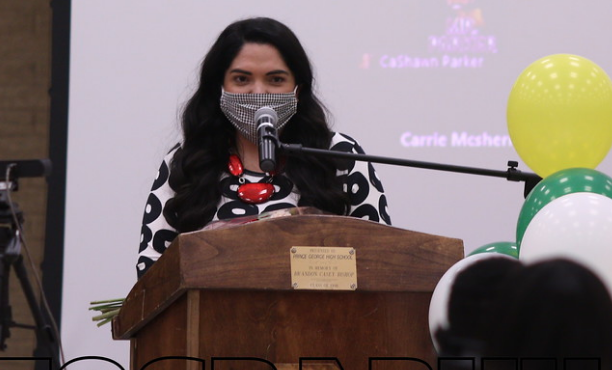


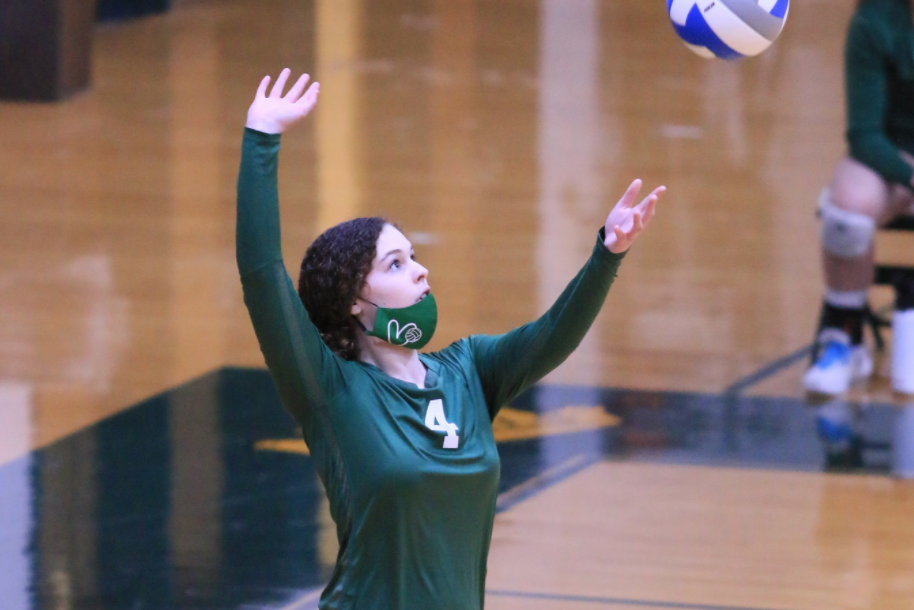
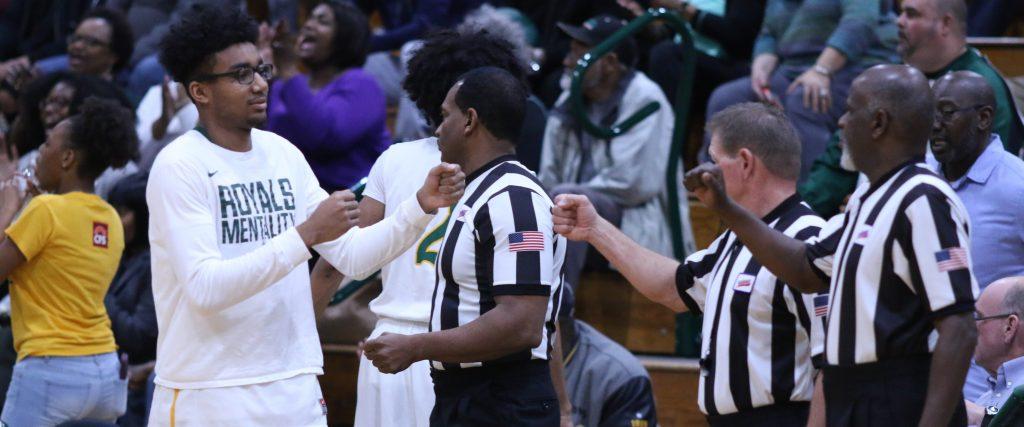
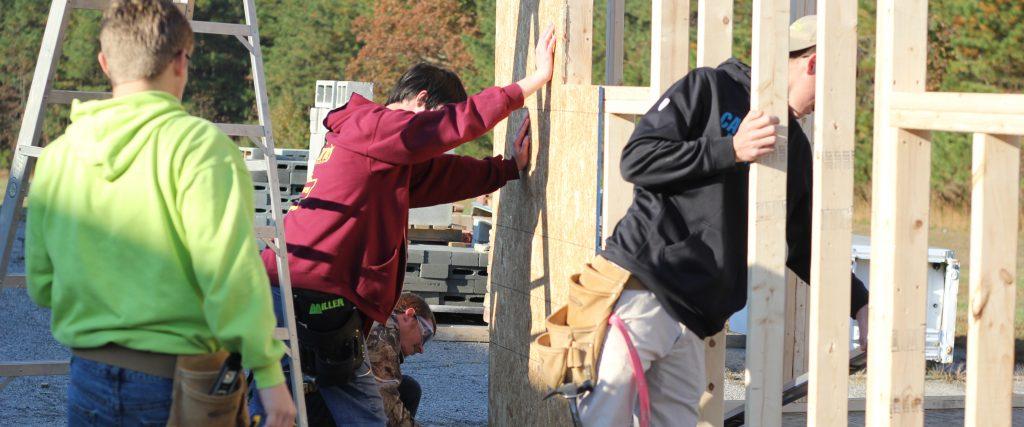
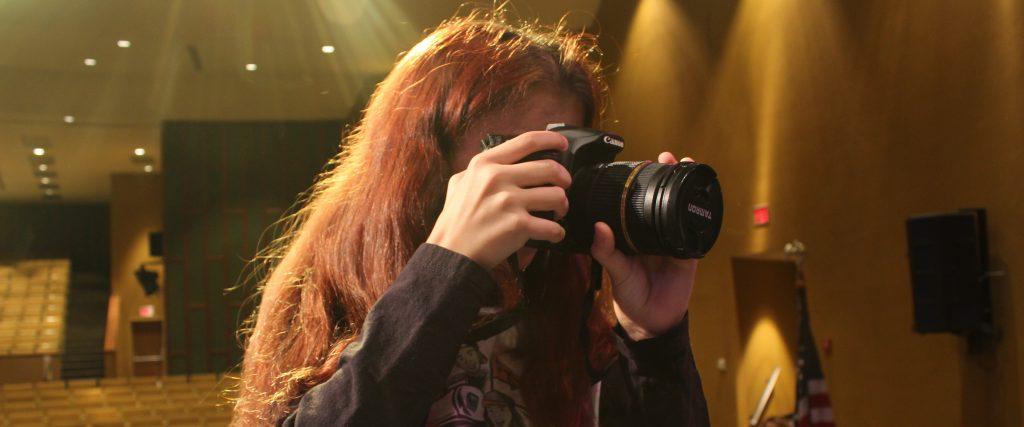
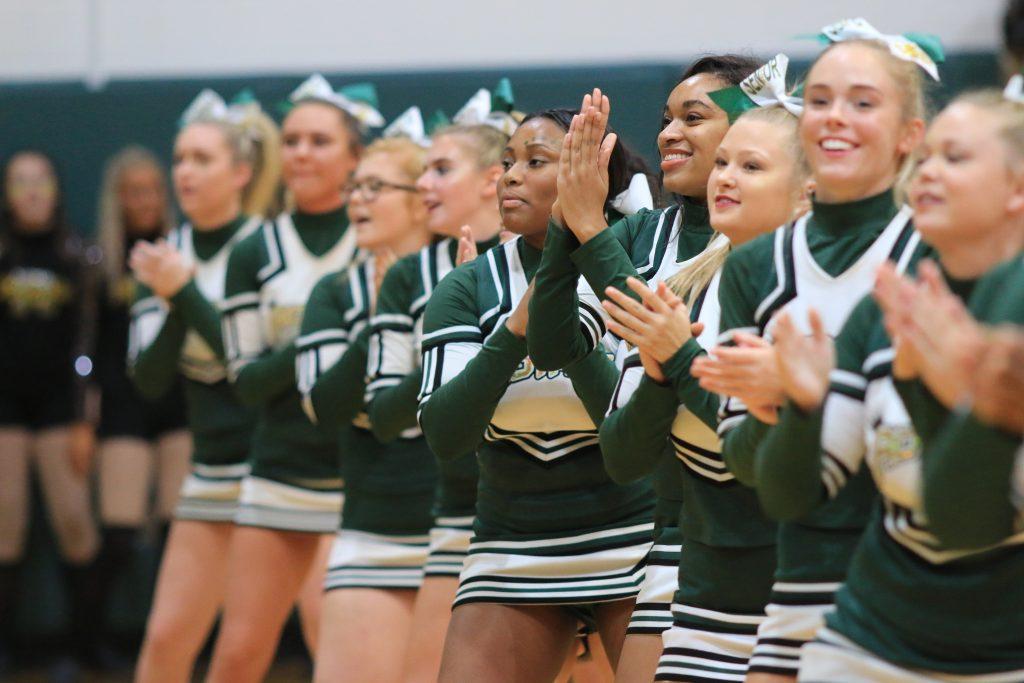
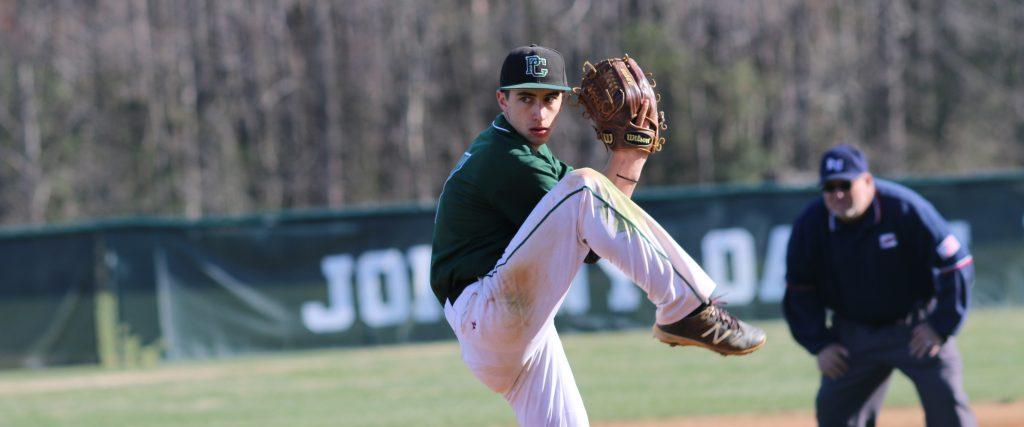

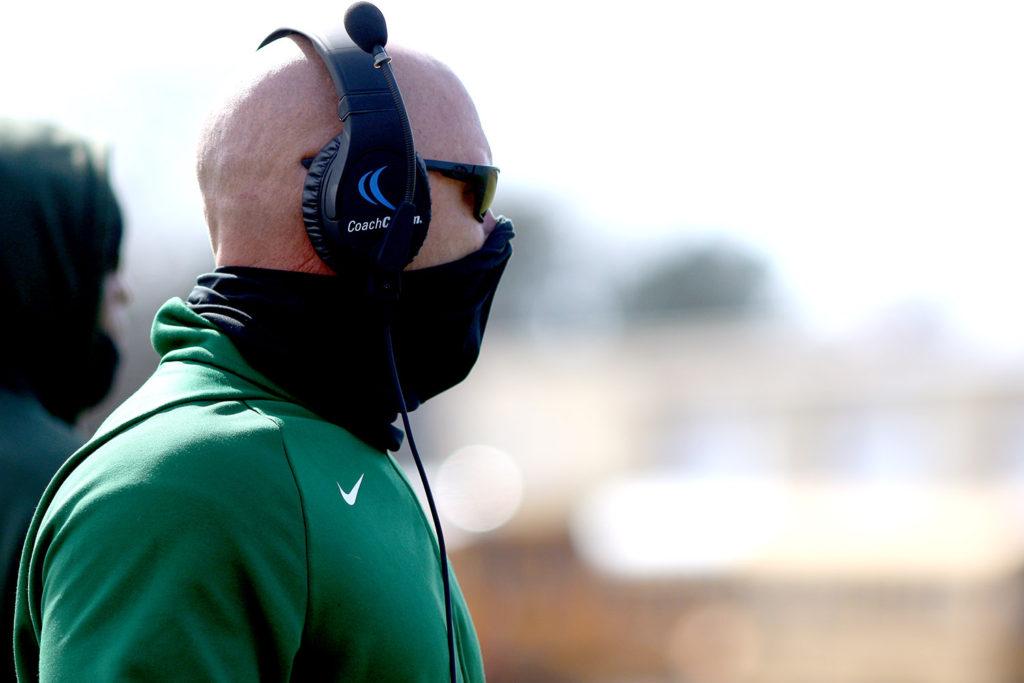
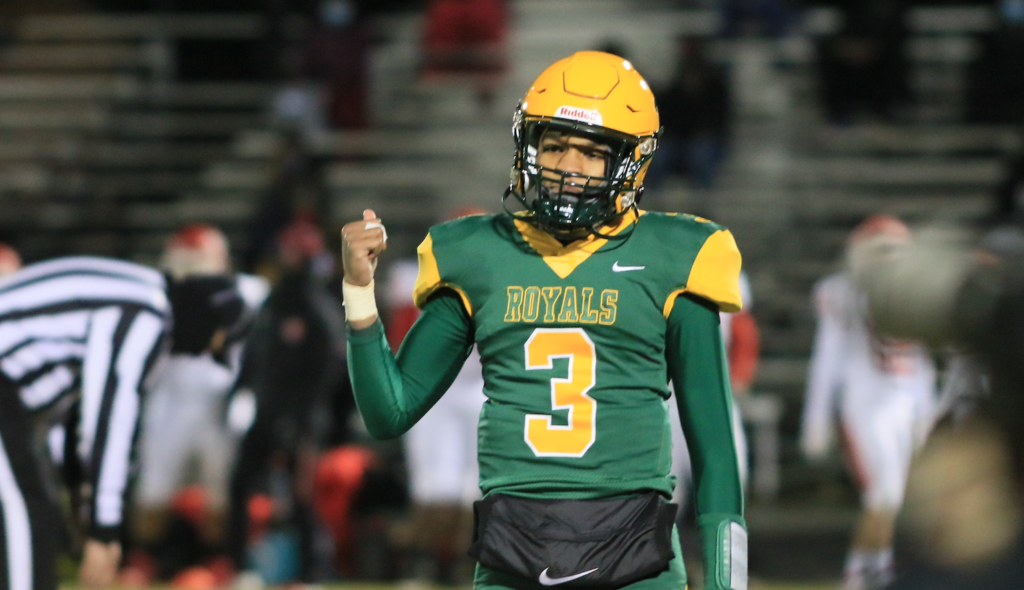
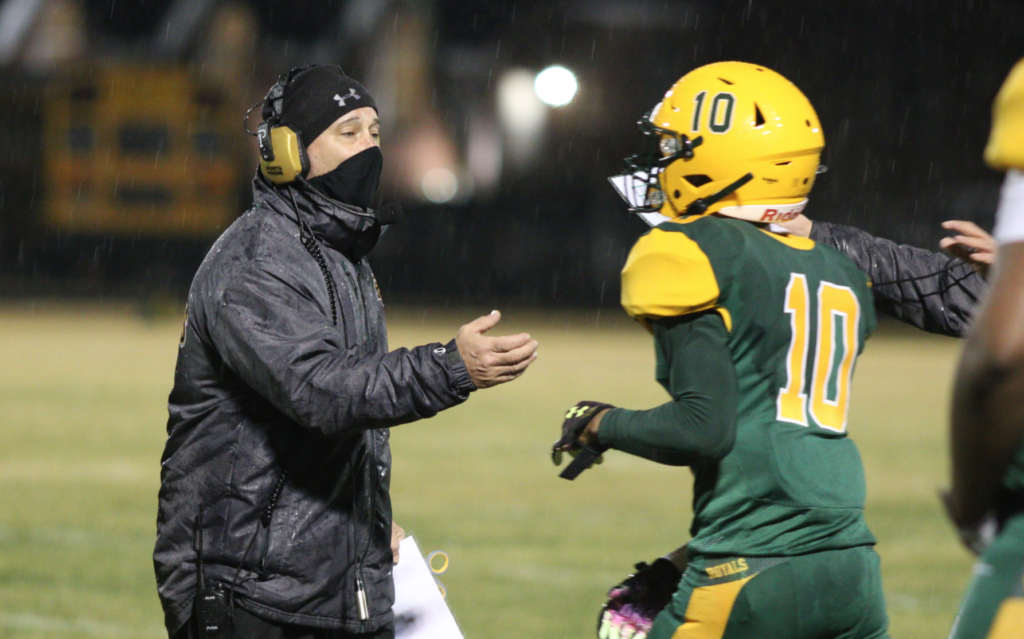
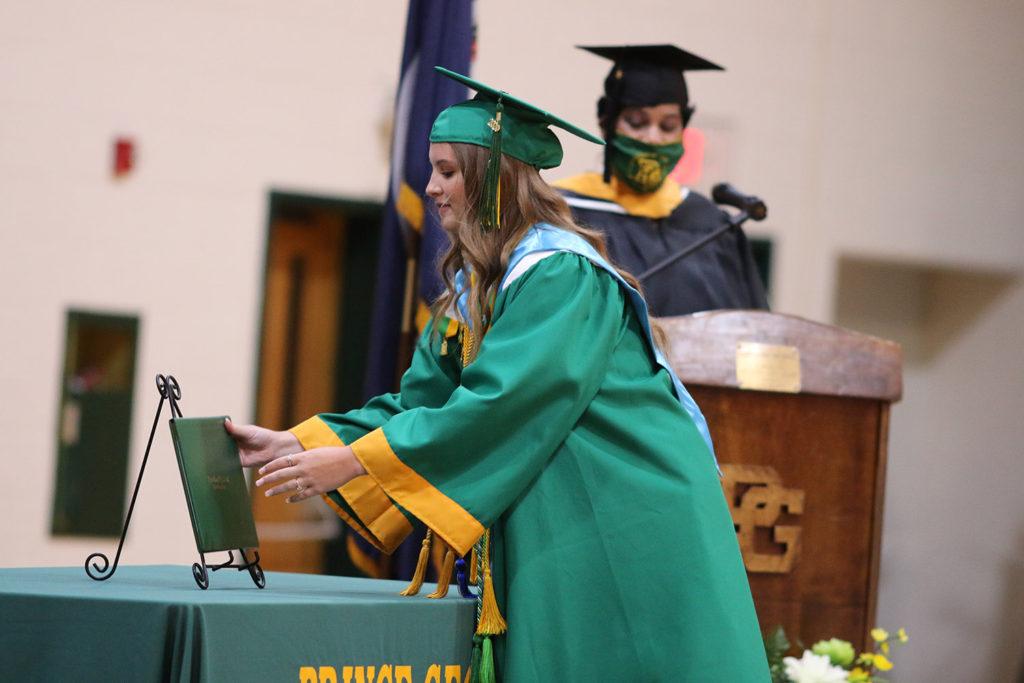
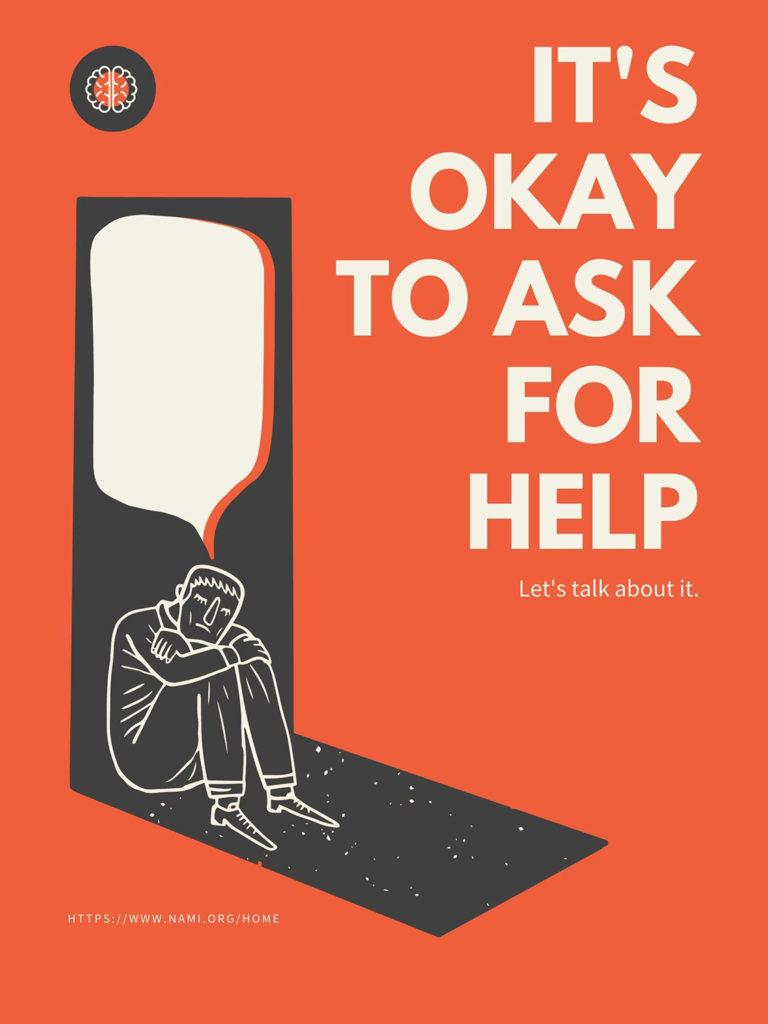
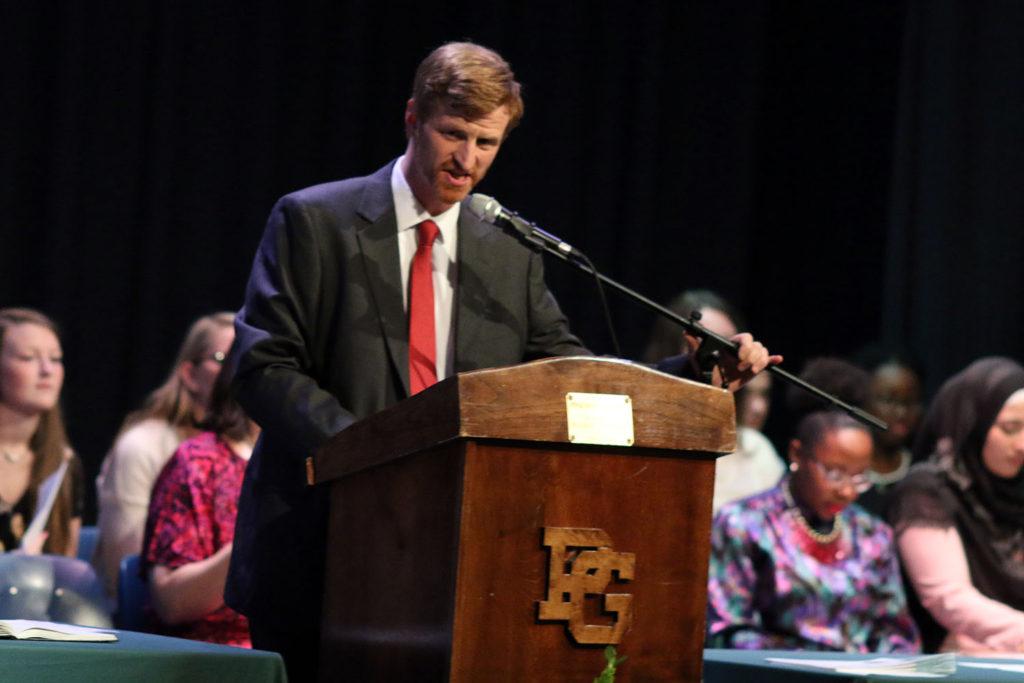

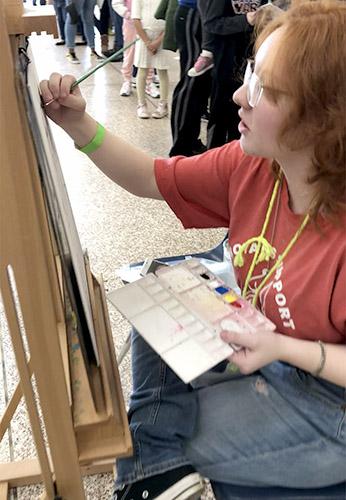
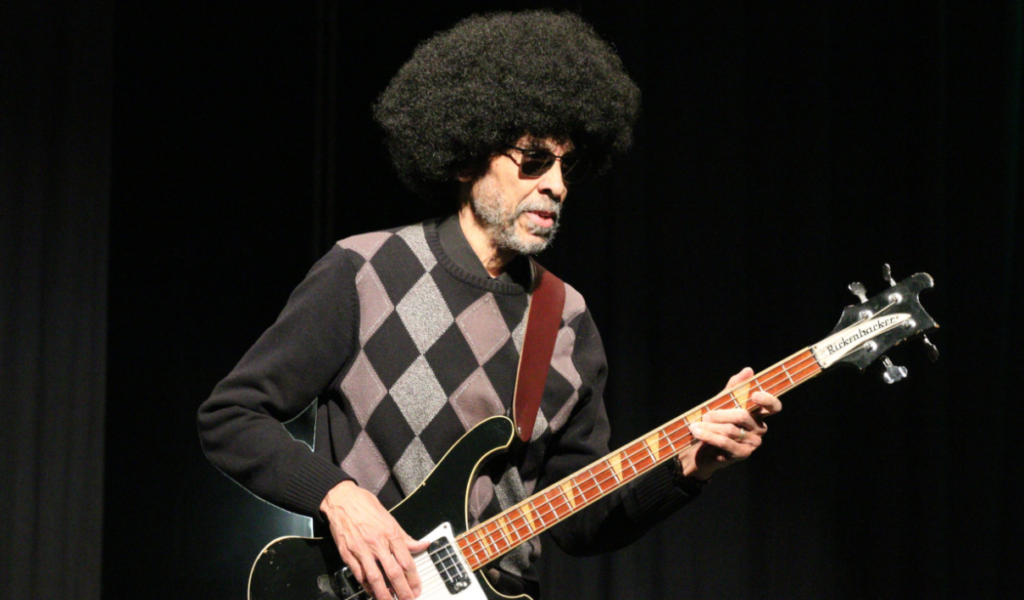
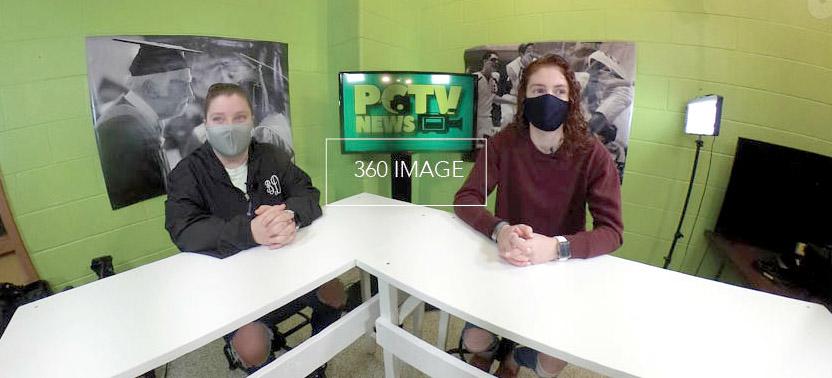


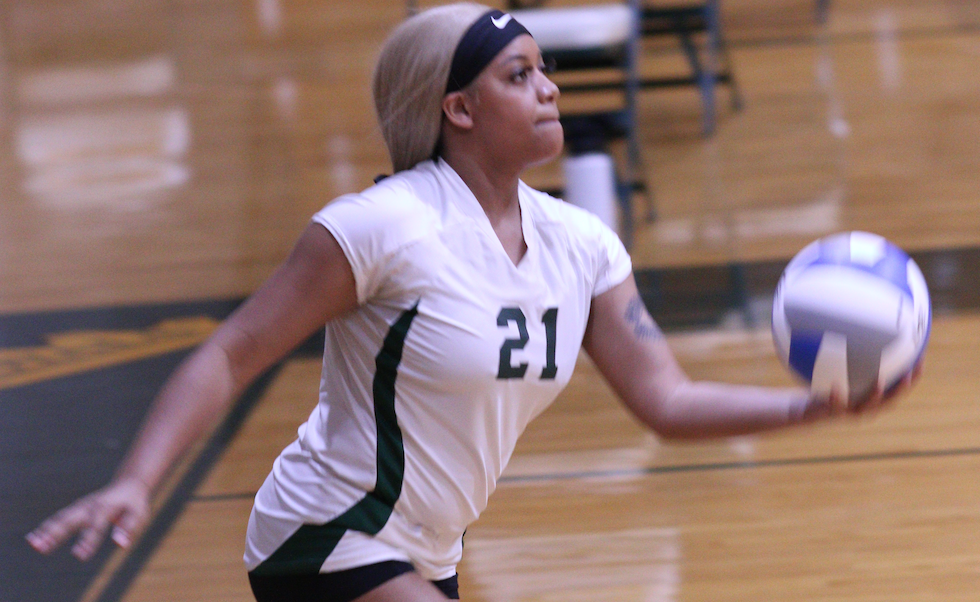





Jessica Taylor • Mar 10, 2011 at 7:17 pm
I think this policy is a little too much. Sure it is a good idea, but I think it will do more damage than good. Some students greatly rely on some of these methods for getting in touch with and getting help from their teachers.
Carrie Young • Mar 10, 2011 at 3:36 pm
Not being able to contact teachers outside of school would hurt a lot of students at our school. I know that many people email teachers about homework or other questions about tests, and without that I’m sure it would make school life a lot more complicated.
Tessa Allen • Mar 4, 2011 at 9:34 pm
I understand the need for protecting students and teachers but honestly we all have at least a little common sense. We know the boundaries between what is and is not appropriate and I know that APUSH kids would suffer greatly from not being able to contact Ms. Hasley at her home email.
Laken Adams • Mar 4, 2011 at 7:37 pm
I think these new guidelines are ridiculous. We are in a generation of technology, restricting that freedom of technology and communication would cause far more problems. Seeing as so many people oppose these guidelines in this article, there should be no debate on whether to accept this policy or not. Obviously there are many people who disagree so why change what isn’t wrong?
Rachel Arnold • Mar 4, 2011 at 6:57 pm
I’m glad this story was written about because I had no idea about this policy possibly taking effect in PG Schools. I have to disagree with it though, because it is rediculous to limit the technological communication between students and teachers in a world that is steadily advancing in that area. There were several people that were quoted in the article and all of them opposed it. The decision about this policy should be a no brainer — NO.
Alex Martinez • Mar 4, 2011 at 5:51 pm
This would be a very stupid regulation and would do nothing to make students safer. Students old enough to have cell phones and to text have sense enough to know whether or not his or her safety is endangered based upon what a teacher texts him or her. Actually, I think that the proposal of this regulation is basically calling us stupid.
Jill Fairchild • Mar 4, 2011 at 3:46 pm
Teachers play a very important role in student’s lives and sometimes it is necessary to contact one another outside of school. With that being said, I do agree with the proposed guidlines because it keeps things safer and still proffessional. Sadly, there are those who abuse the closeness that this relationship provides. Sometimes the good people have to suffer for the “bad” ones mistakes.
Cara Lucy • Mar 4, 2011 at 8:18 am
I think that if students don’t have a problem with their teachers communicating with them, then there should not be any restrictions. I especially think if it’s a class such as yearbook, newspaper, or even PGTV where students have to do interviews or research outside of school, that the students and teachers should be able to communicate. As long as the texts are strictly related to school assignments, I don’t see a problem.
Trey Carter • Mar 3, 2011 at 8:51 pm
Schools should adjust their technology according to be beneficial to the students. A school system should begin to implement certain school services that cater to the techonological age; such as a mass text message being sent from the teacher to the student about the homework, etc. Everyone is noticing the growth of the importance of technology, but one system must spear-head the movement into placing it in the school.
Raya Girard • Mar 3, 2011 at 2:53 pm
Texting is replacing email as a way to communicate with other people, just like email replaced telephone calls. My question is, how did my parents communicate with their teachers before the invention of email and cell phones? Oddly, students used to just talk to their teachers after class or figure out what they were supposed to do. It was up to students to remember after school meetings. My mom said people used to have to plan ahead and people couldn’t cancel out at the last minute without being viewed as rude. Thank heavens we have text ,who wants to have to make plans and be responsible, yuck. Seriously, I don’t see the big deal about teachers texting students.
haley matheny • Mar 1, 2011 at 8:57 pm
I think it’s okay for students and teachers top be able to be in contact outside of school. Our society has so much stress on sexual harassment that it’s becoming wrong to call or text a teacher to ask a question? That’s taking it a bit far.
Haseena Abdur-Rahman • Feb 27, 2011 at 4:27 pm
The proposal about teachers being prohibited from interacting one-on-one with students through personal online social-networking sites is just one of those things where you want to protect people’s sense of judgment. People fear that any type of very private, more intimate communication can lead to situations where you have inappropriate contact. However I don’t have a problem with those teachers who give their cell out every year to every student and parent as long as it’s for more urgent matters than email, the teacher is a personal friend, or the student is 18.